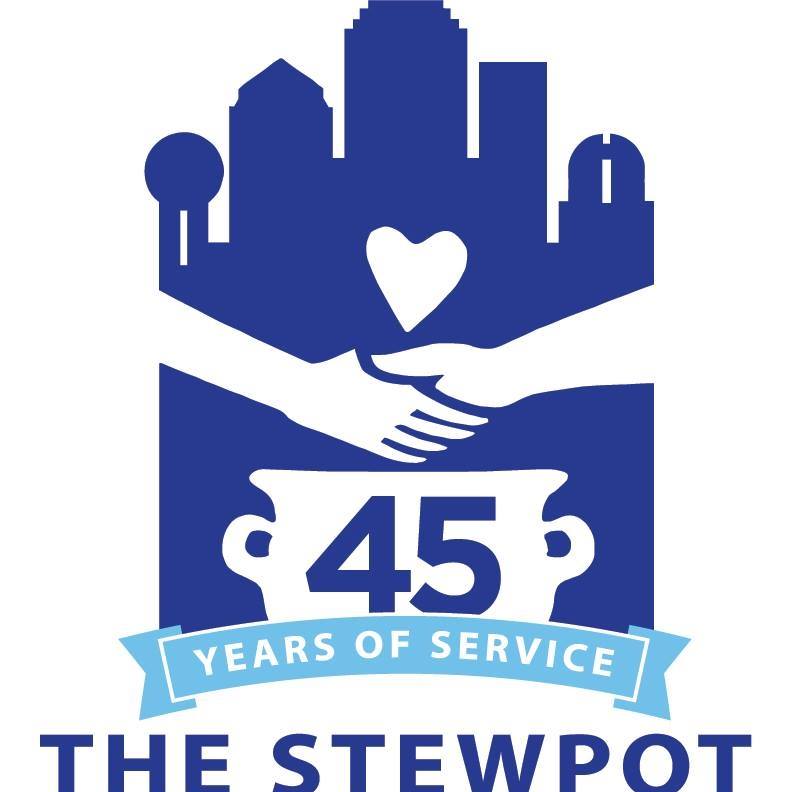Dallas, Texas, offers a comprehensive range of supportive housing options for individuals and families in need. These housing solutions provide not only a safe place to live but also essential social services that foster independence and improve quality of life. Different types of supportive housing options in Dallas include shelters, transitional facilities, permanent supportive housing, and subsidized housing. This article will examine each of these categories and the state, federal, and non-private assistance available that make these options possible.
Available to individuals and families facing homelessness, emergency shelters in Dallas provide temporary accommodation. Shelters like The Bridge Homeless Recovery Center and Family Gateway in Dallas provide meals, medical assistance, and case management services. The funding for these services often comes from federal programs, such as the Emergency Solutions Grants Program (ESG) and the Continuum of Care (CoC) Program.
Transitional housing is another important type of supportive housing available in Dallas, Texas. This semi-permanent living arrangement is designed for individuals who are moving from homelessness to independent living. Transitional housing programs often offer services like job training, substance abuse counseling, and mental health services. Organizations such as the Austin Street Center and Dallas LIFE offer transitional housing. The U.S Department of Housing and Urban Development (HUD) is a significant source of funding for transitional housing programs.
Permanent supportive housing combines affordable housing with support services to help those with chronic illnesses, disabilities, mental health issues, or substance use disorders live in a community. PSH can be a single site (a housing development dedicated to supportive housing) or scattered-site (housing units spread throughout the community). The Metro Dallas Homeless Alliance is involved in managing PSH resources in Dallas. Subsidies for this type of housing can come from federal sources, such as the HUD’s CoC Program.
In Dallas, the Dallas Housing Authority (DHA) runs various subsidized housing programs that help low-income individuals and families afford safe and decent housing. The most prominent of these is the Section 8 Housing Choice Voucher program, funded by HUD. Beneficiaries are generally required to pay 30% of their income towards rent, with the remainder shouldered by DHA through federal funding. DHA also manages properties designated as ‘public housing,' entirely financed by HUD.
Beyond state-run and federally subsidized programs, numerous non-profit organizations and community groups offer supportive housing in Dallas. Homeless services non-profits such as The Stewpot and Crossroads Community Services assist with transitional and emergency housing. These organizations also often provide additional services like meals, counseling, and healthcare. Funding for these non-profit programs often comes from donations, grants, and partnerships with other organizations.
Dallas also offers programs specifically designed for veterans, survivors of domestic violence, and individuals with HIV/AIDS. The Dallas County Health and Human Services offers the HOPWA Program (Housing Opportunities for Persons with AIDS), providing housing assistance and related supportive services to low-income individuals with HIV/AIDS and their families.
Ultimately, the supportive housing options in Dallas, Texas, backed by state, federal, and non-profit organizations, aim to provide secure housing and assistance to those most in need. These programs offer a lifeline to individuals struggling with homelessness, disability, addiction, or illness, providing hope and a path towards independence.


